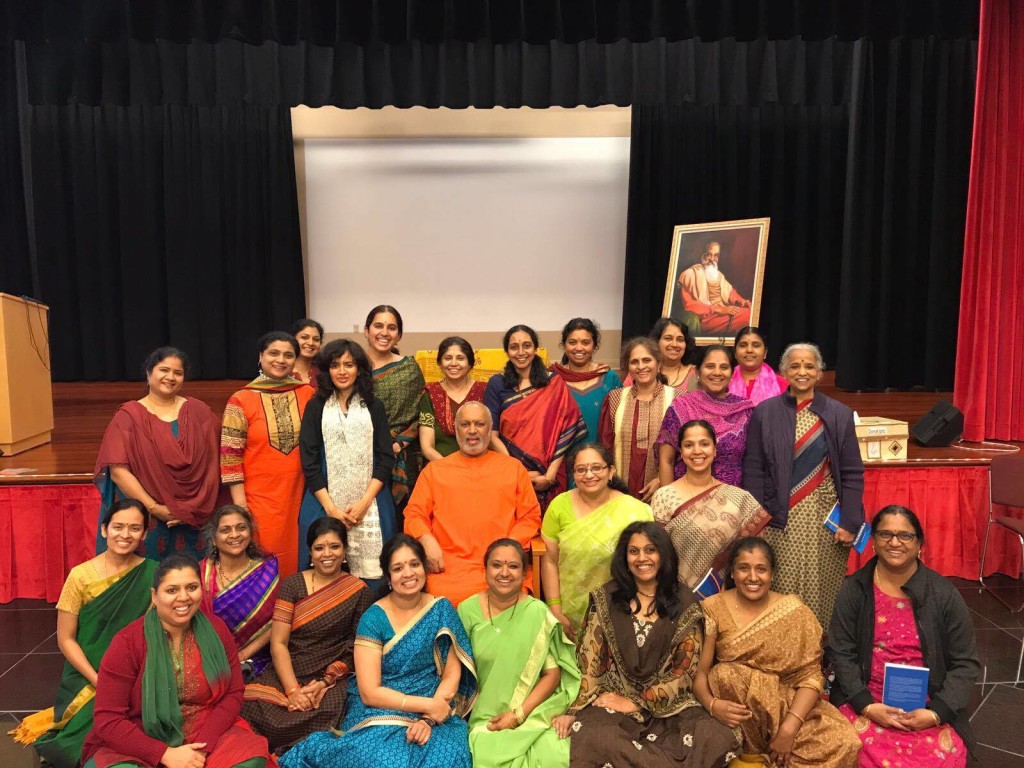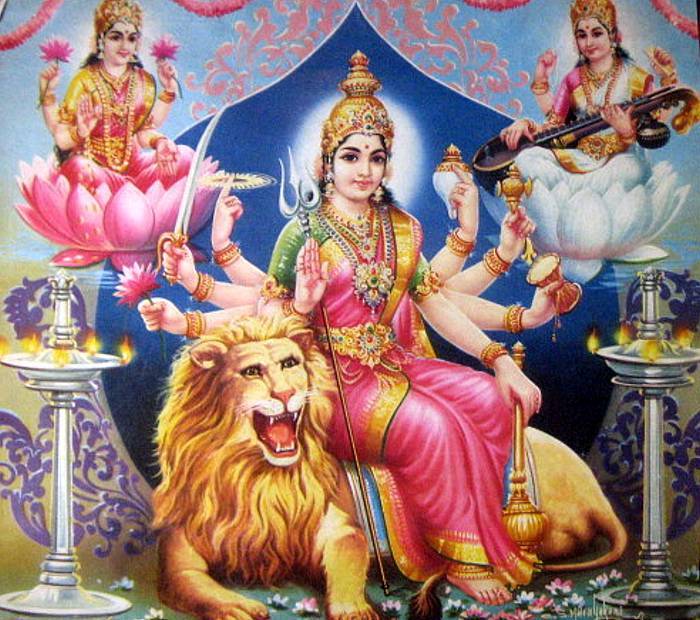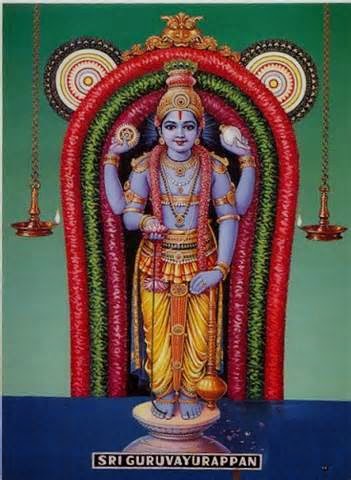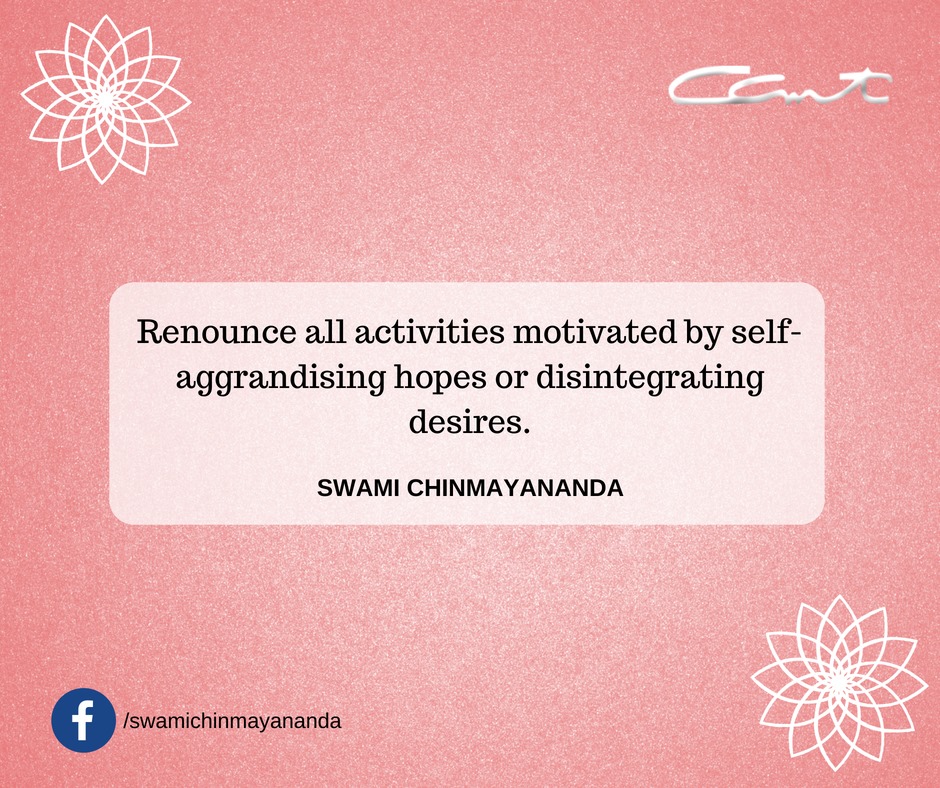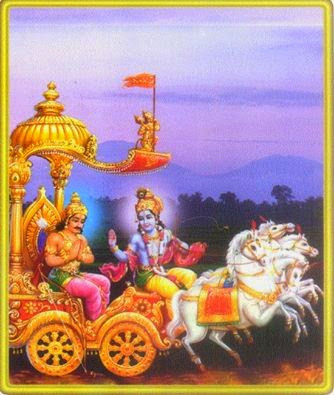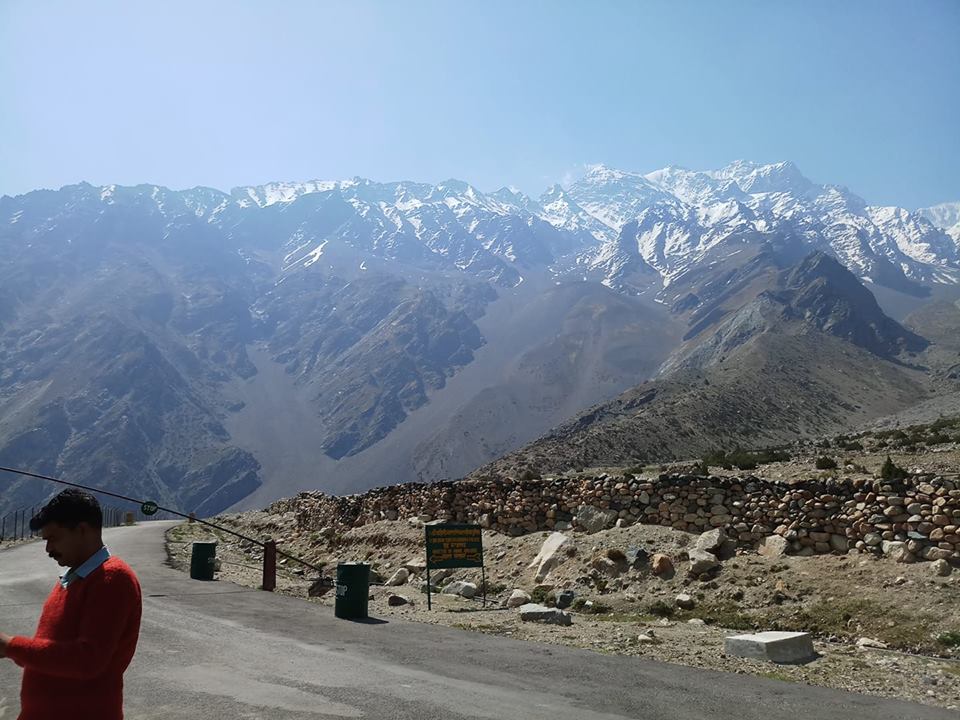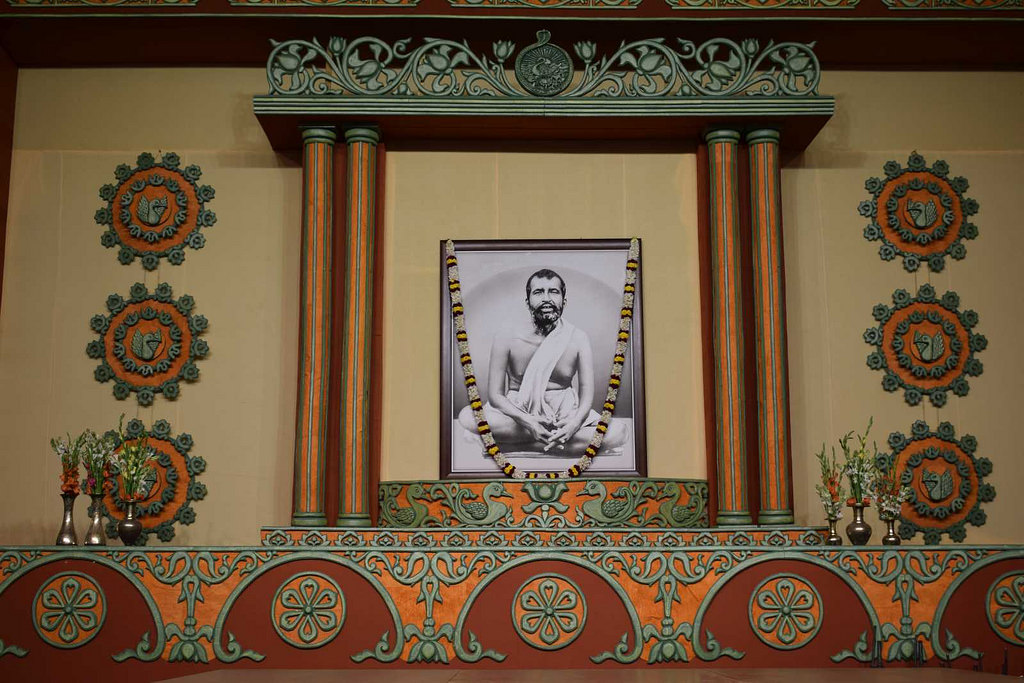Parenting & Spirituality : Swami Bhoomananda Tirtha
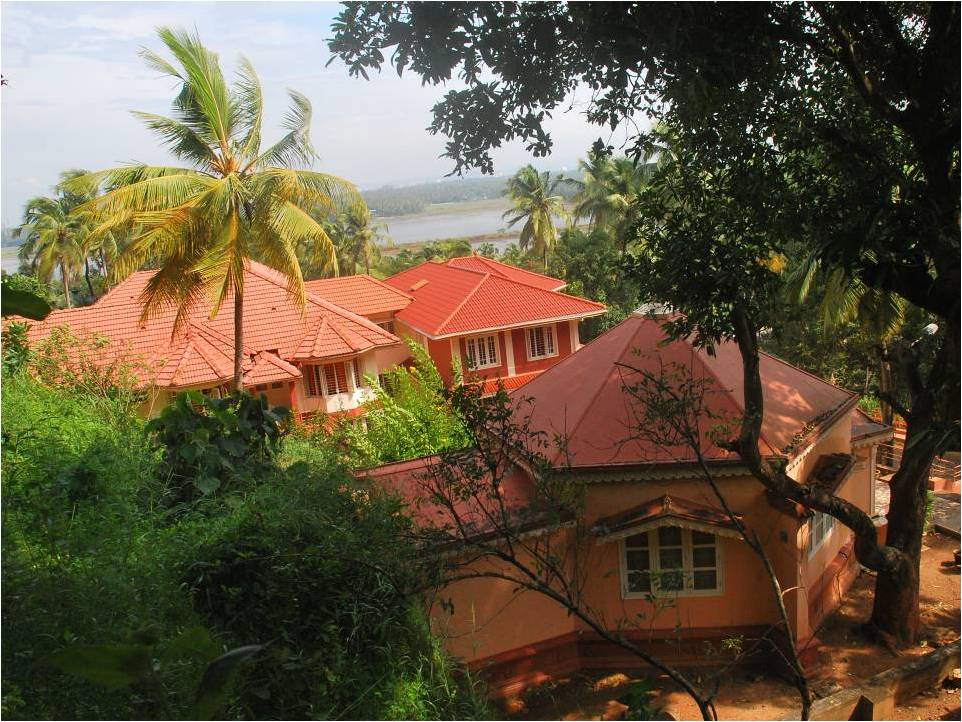
Narayanashrama Tapovanam 24/10/2018 While to some extent desire and consequent burdens are quite usual with household life, the fact remains that this plight robs away the very purpose and fruition of the householder. The question is: Do you like such a plight? If you do not, the straight answer will be: be free of undue desire and the burden it fetches. Learn to live in peaceful harmony and welfare. Desire of any nature always constricts the mind. Such constriction disables the mind to express itself fully, healthily, and harmoniously.Understand this mental truth and always think of avoiding desires and the consequent torments. In reality, it is not desire but something else far higher that should verily work in the human. The truth about it will be known only through right exposure and enlightenment. To have a child is to be happier. With the child and the consequent involvement, if the very objective of happiness is adversely affected, is there not something wrong in ou...
